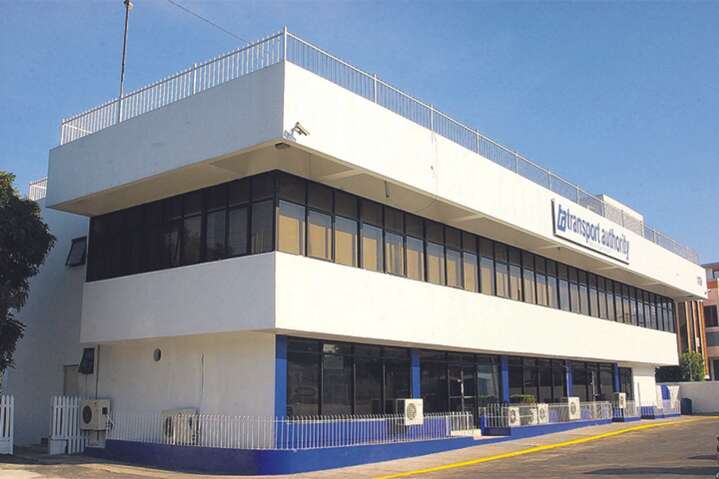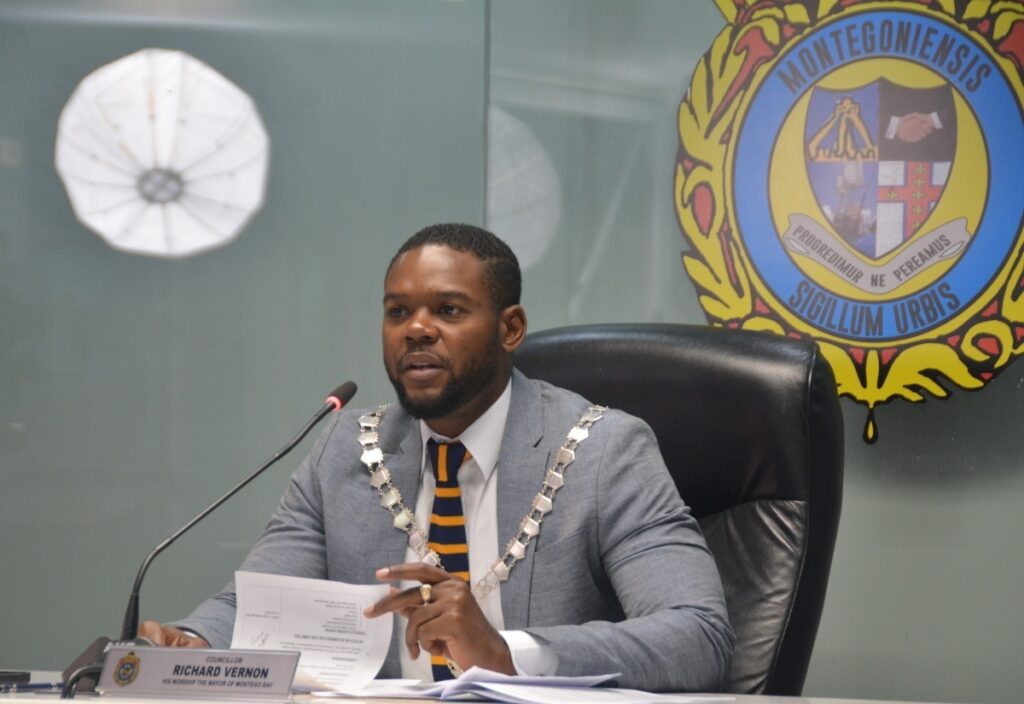A devastating high-speed collision between a passenger vehicle and a utility truck resulted in four fatalities Saturday evening near the St Elizabeth-Westmoreland parish boundary. The catastrophic incident occurred approximately at 5:27 PM along the Crawford-Font Hill thoroughfare, according to official police reports.
Law enforcement authorities have identified three of the deceased: 30-year-old Jeneen Dawkins, who operated the 2011 black Toyota Voxy; 10-year-old Antwasia Ledgister; and a 17-year-old female known only as Ashley. A fourth victim, a 12-year-old child, remains unidentified pending formal notification of relatives.
Preliminary investigation indicates the Toyota Voxy, transporting all four victims, was traveling at excessive velocity when it deviated from its proper lane. The vehicle crossed into the opposing traffic path, directly confronting a 2013 white Freightliner M2 160 utility truck operated by a Canadian national working in infrastructure services.
The force of the head-on impact catastrophically deformed the passenger vehicle, requiring emergency extraction of all occupants. Despite rapid medical response, all four individuals were declared deceased upon arrival at a nearby medical facility. The truck driver emerged physically unharmed from the incident but received psychological trauma support.
Jamaican Constabulary Force has launched a comprehensive investigation into the circumstances precipitating the tragedy, examining road conditions, vehicle mechanical status, and potential contributing factors to the lane violation. This incident marks one of the most severe road accidents in the parish this year, highlighting ongoing concerns about road safety practices in rural Jamaican thoroughfares.









